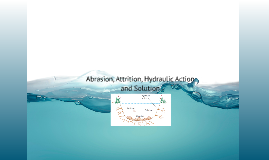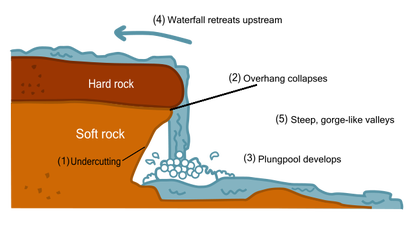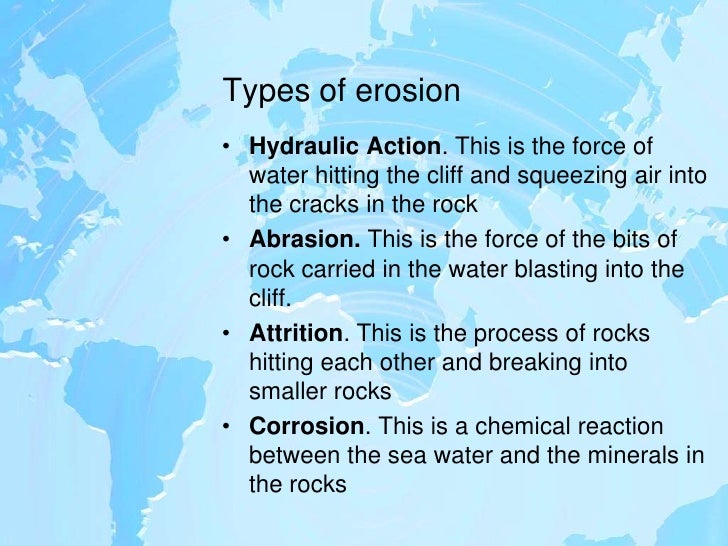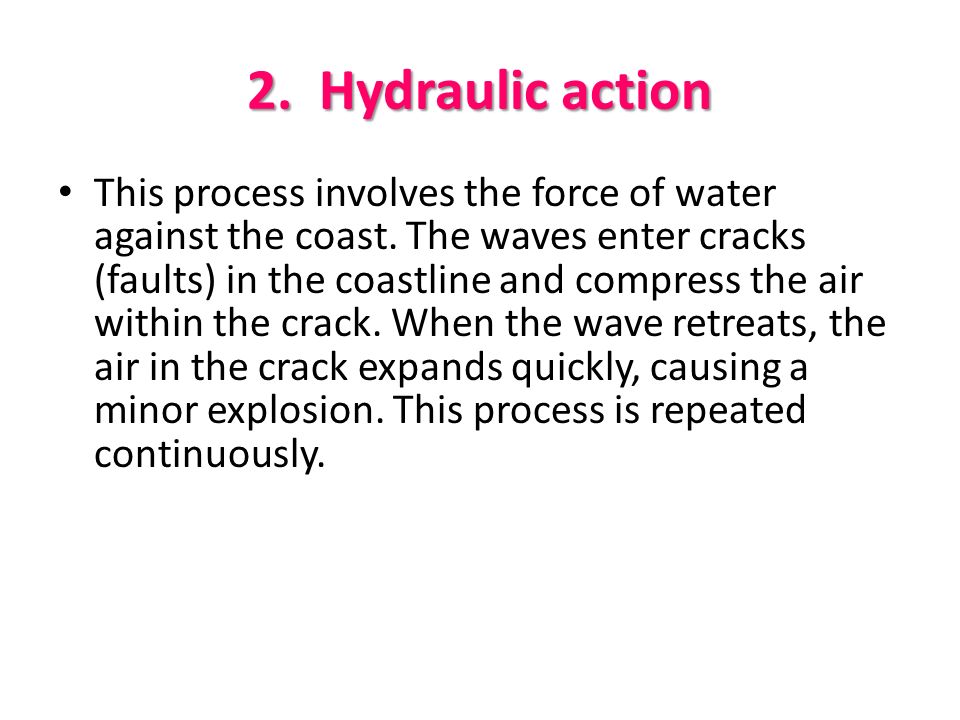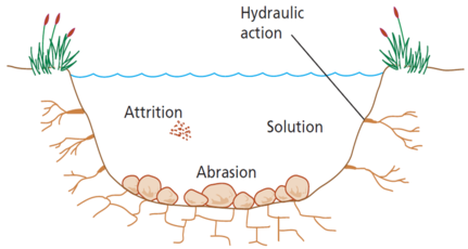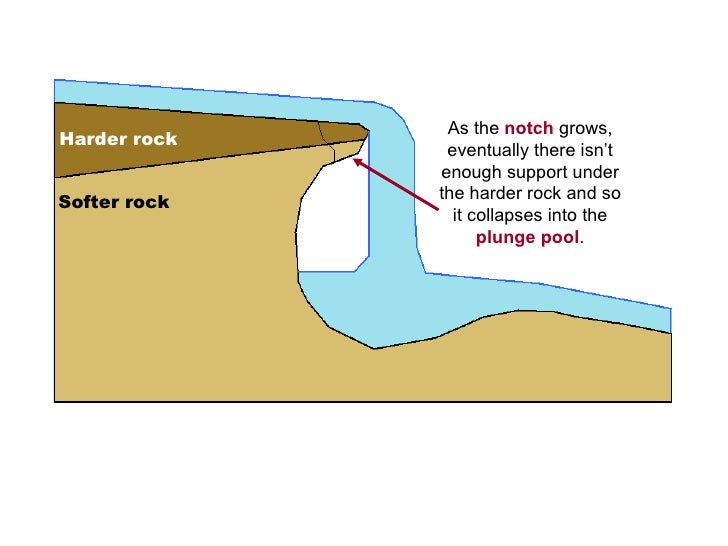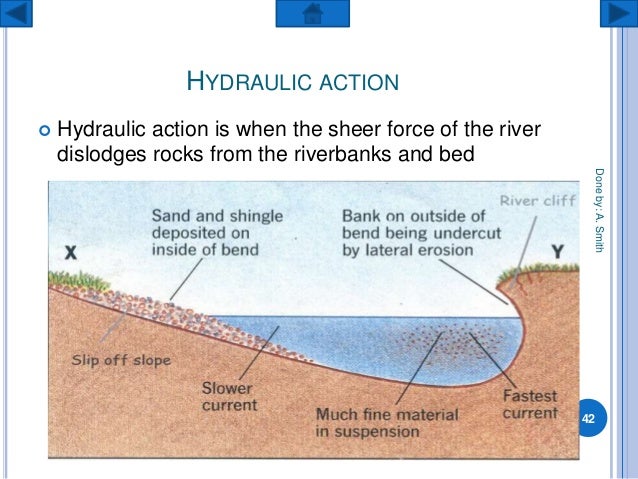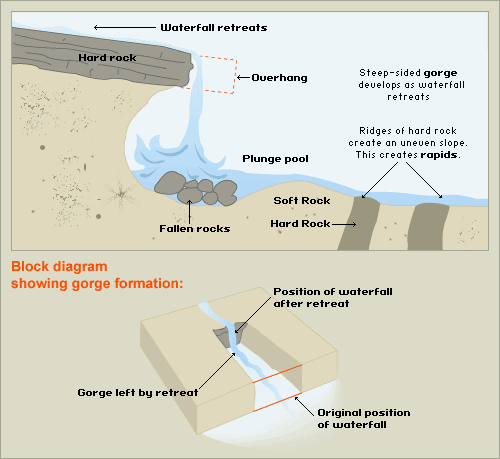Definition For Hydraulic Action
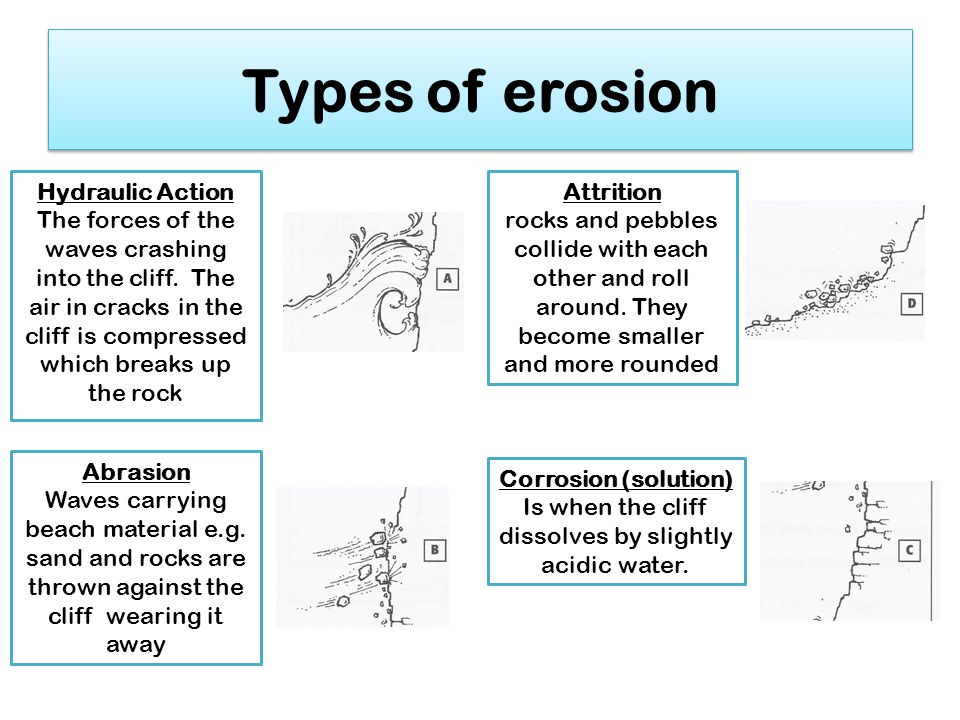
Hydraulic action is the erosion that occurs when the motion of water against a rock surface produces mechanical weathering.
Definition for hydraulic action. Hydraulic equipment or machinery involves or is operated by a fluid that is under pressure such as water or oil. Hydraulic action is the erosion that occurs when the motion of water against a rock surface produces mechanical weathering. Definition of hydraulic action the mechanical loosening and removal of weakly resistant material solely by the pressure and hydraulic force of flowing water as by a stream surging into rock cracks or impinging against the bank on the outside of a bend or by a jet of water impacting a gravel bank. Most generally it is the ability of moving water flowing or waves to dislodge and transport rock particles.
It is the mechanical loosening and removal of the material from the rocks due to pressure exerted by the running water. For example when you depress the brake pedal on your car the brake fluid is pressurized and this pressure is then translated into the mechanical action of driving friction plates against another surface to dissipate energy and slow the car down. Adj adj n the boat has no fewer than five hydraulic pumps. Hydraulic action is an erosive process that occurs when the motion of water against a rock or earth surface produces mechanical weathering.
Most generally it is the ability of moving water flowing or waves to dislodge and transport rock particles. Hydraulic action is about using fluid pressure or movement to create a mechanical action. Hydraulic action is the movement or wearing down of material by flowing water. Hydraulic action is where water and air is forced into cracks in the rocks.
Most generally it is the ability of moving water flowing or waves to dislodge and transport rock particles.
